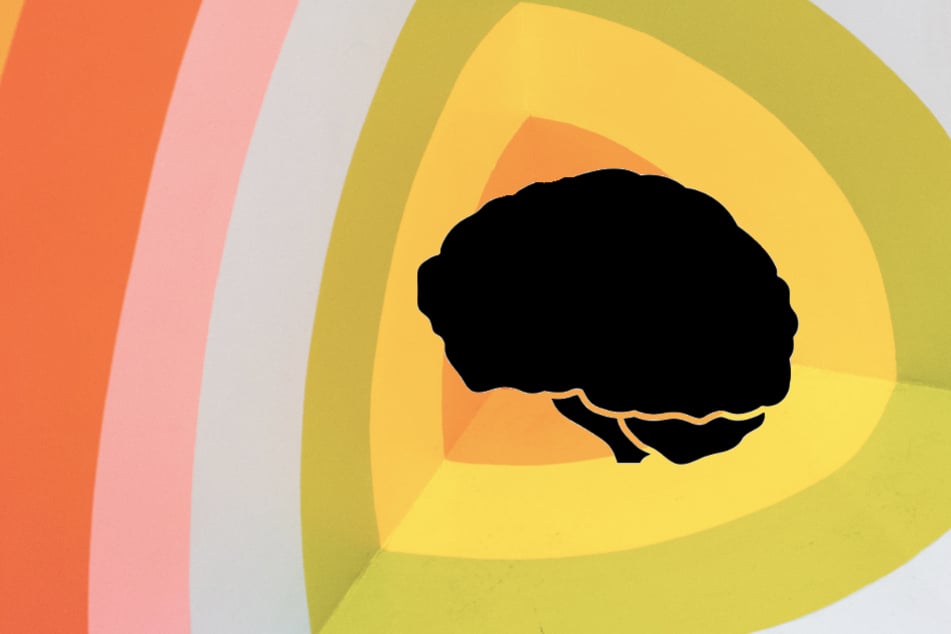LSD and MDMA could hold the key for brain disorder treatments, new study says
Cambridge, UK - Mind-altering drugs such as LSD and ketamine are potential narcotic landmarks on a "roadmap" to develop treatments for neurological disorders.

According to research published in Science Advances, the effects of such drugs, including ayahuasca and MDMA, show up on brain scans in similar locations to conditions such as schizophrenia and depression, meaning the drugs could prove a help with research into treatments.
The research team, led by Andrea Luppi of The Alan Turing Institute at the University of Cambridge, analyzed neuroimaging data for over 1,400 people and found that brain activity patterns affected by such drugs to be "associated with brain regions affected by certain psychiatric and neurological disorders."
The team looked at 10 drugs – not just well known substances such as ketamine and LSD, but also so-called cognitive enhancers such as modafinil and methylphenidate, as well as the anesthetics sevoflurane and propofol.
Using what they said were "maps of cortical thickness abnormalities for disorders such as schizophrenia, depression, and autism spectrum disorder," the scientists found parts of the brain "that were similarly altered by different drugs" were also "often similarly affected by various disorders."
"These drugs alter consciousness by activating specific neurotransmitter receptors – but different drugs can produce similar effects through distinct pathways, making it difficult to disentangle the systems responsible for effects on brain function," they said.
But the research at the same time could "provide a first step to bridge molecular mechanisms and their effects on subjective experience, cognition, and behavior via their effects on the brain’s functional architecture," the team suggested.
Cover photo: Collage: Unsplash/Jason Leung & 123RF/acyotto
